#atypical an
Text
Somewhat Quick Guidelines for How Not to be Triggering to ED-Havers
i'll do a more elaborate version of this some other time, but i have just consumed way too much youtube and i need to get some very mixed feelings out of my system
(tw for some discussion of EDs and the areas these render most sensitive)
Don't equate 'eating disorder' with 'anorexia nervosa'
The most common eating disorders are Binge-Eating Disorder and OSFED – according to Santomauro et al. (2021) and Yasmina and Keski-Rahkonen (2022), OSFED is more common than BED, so yeah. OSFED includes many, many categories in and of itself, including: subthreshold bulimia, subthreshold BED, atypical anorexia, purging disorder, and night eating syndrome. Orthorexia isn't recognised in the DSM-5-TR, but should be. I could not tell you what the most common form of OSFED is – I'd always thought it was atypical anorexia, but some studies I can find on a general population point more to purging disorder, subthreshold BN, subthreshold BED, (see Stice, Marti, & Rohde (2013), while this more recent study in a less reputable journal by Hay et al. (2023) places atypical AN as the most common OSFED. Either way, full-threshold AN is comparatively very, very rare.
Most eating disorders are not becoming emaciated + growing lanugo. If you did become emaciated and grow lanugo, then I'm proud of you for surviving your ED every day, because they are the absolute worst illnesses. However, you are also in a substantial minority. That doesn't make you any less valid—all it means is that EDs aren't necessarily traditional anorexia.
I'll get onto the main difference between atypical and non-atypical AN in a minute, but for now, let's say that even if atypical AN is horrifyingly common, most EDs aren't anorexia of any kind. Most EDs are one of the other kinds. And while good AN rep is great and rare, using 'eating disorder' to mean 'anorexia' is incredibly dismissive of the immense and debilitating of eating disordered behaviour out there. It's limited in the same way as using 'neurodivergent' to just mean 'autism + ADHD' – just as neurodivergence is much, much broader than Au/DHD (and this isn't to detract from the validity of Au/DHD folks), EDs are much, much broader than anorexia, and using 'eating disorder' as a synonym for 'thin and restrictive' is an extremely limited definition.
Moreover, many ED-havers go to immense, immense efforts to downplay their symptoms. The common refrain you'll hear in ED recovery is 'but I'm not sick enough to need help' – and the more narrow the operational definition of ED, the more people are made to feel they aren't sufficiently ill to have a real problem. EDs thrive in secrecy. They are often silent, and they are lethal. By using 'eating disorder' as a euphemism for 'anorexia', we give power to each of these illnesses by letting them remain silent, too macabre and mysterious to acknowledge.
Be specific. Do not talk about someone having 'an eating disorder'. Do not use it as a smokescreen behind which to hide nervousness. Say the exact disorder, or, if unsure, use an adjective: a restrictive eating disorder, an ED with purging, an ED with bingeing, etc.
2. 'Eating disordered' does not mean thin
This goes for all EDs, and especially for anorexia. Argh.
Bulimia is often overweight, and can be any weight. BED can be any weight. ARFID can be any weight. Pica, rumination disorder, night-eating syndrome, and orthorexia can be any weight. Moreover, a thin person with an ED may not have AN—they might have ARFID, BED, BN, or so many more.
And most importantly, most anorexics are not underweight. There exists a diagnostic distinction between AN and so-called atypical AN, wherein the sole difference is that atypical anorexics are not underweight. That's it. That's the one difference.
It's also a completely BS distinction, since ED psychopathology is as bad/worse in atypical AN, and atypical AN recovery rates are marginally worse. The two are the same illness. How thin you are does not necessarily correlate with how restrictive you are, and every use of 'anorexic' as a synonym for 'thin' is indicative of a total misunderstanding of the complexity of this disorder.
Have courage. Give me obese characters with BN and AN, normal-weight characters with BED, characters of all weights with ARFID. Please: I'm outright begging at this point.
3. Sensationalising weight makes us feel, unsurprisingly, fairly awful
Writing eating-disordered characters by focussing on their weight is an excellent way to sensationalise the illness and implant a horrible feeling in audience mouths. If I google search images for anorexia, I will see ribs and spines everywhere. If I google search images for bulimia, I will see extremely thin young women eating pizza or crouched beside toilets. If I google search images for binge-eating disorder, there's no end to the pizza.
There is no definitive size eating-disordered folks are. But the more we see EDs represented in extremes of thinness and fatness—think To the Bone or The Whale—the more we, as a society, convey the message that by not fitting a size mould, people aren't sick enough to have a problem. And that perpetuates the cycle of hiding disordered behaviours and getting thinner.
Making a show of how thin or fat certain characters are is a great way to make people with EDs feel embarrassed either by their similarity to the thin/fat people depicted ('wow, I am disgusting') or by their lack of similarity ('I was never anywhere near that thin. God, I couldn't even succeed at being a failure'). So, please don't emphasise specific emaciated or larger body parts as explicitly indicative of an eating disorder.
4. Please keep the numbers out of this
I don't have the perspective to speak from the POV of those with other disorders, but I can say this much: Anorexia is a very analytical illness—will I be small enough to fit in this space, hold this, do this? —and seeing someone else's minimum weight is an excellent way to make someone feel as if they are a failure for being less thin. This is especially problematic given that 'xxkg lady' is a headline that sells like wildfire in a world where most anorexics aren't thin. I love Hank Green and his work, but the CrashCourse video on eating disorders is an excellent example of how not to handle talking about weight: explicit height/weight numbers are mentioned for the hypothetical sick woman, emphasising the role of emaciation in the illness. It's a bit sensationalist and very triggering.
This is also one of the things Heartstopper (the comic – I haven't watched the show) does right. Though it's not perfect, Charlie's weight is never given a number, and while he's shown to be unhealthily thin, we never get an explicit close-up of any bones or the like. It's other physical symptoms, like fainting and constant coldness, that make it clear that he's seriously, seriously ill. And that took immense, immense tact. Also the fact that later on, after diagnosis, he's explicitly said to have anorexia, rather than the smokescreen of 'an ED', and that he still struggles after he starts recovery... those are all very respectful ways of writing ED-having characters. Alice Oseman, I tip my hat to you.
I'd recommend against mentioning numbers of calories in anything (guess who once scrolled through an ED blog, found out the number of calories in a normal breakfast food, and then was promptly very scared of eating such), or about mentioning explicit amounts of food. Moreover, if you're going to depict a character eating, please do it carefully.
If you want to mention any numbers when writing eating-disordered characters: mention blood pressure, temperature or rate of weight loss/gain (I don't think it's awful to say 'lost/gained this much in this much time), but keep the discourse around rate of any weight change as neutral as possible. If I say I weighed xyz kilograms at my sickest, that doesn't do justice to the illness. If I say my temperature was about 35 degrees and my blood pressure was 59/40, it does, but it's not exactly something that can be made competitive as easily.
5. Don't sensationalise amounts
See above. We don't need to know the explicit number of slices of pizza/bags of xyz/bars of abc that a character consumed during a binge, nor how little a character with a restrictive ED had for breakfast. There is an immense amount of horror that can be engendered through implication. One exception—showing that a character can remember the exact number of whatever food they consumed (so long as this isn't being done in kcal/kj) is an excellent way to show disordered eating behaviour! e.g. I generally count how many water crackers I eat in a snack and have strict (low) limits on how many I'm allowed per day. This is proof AN doesn't go away too quickly.
6. Don't sensationalise weight, generally
This goes out to every time i've seen neuroleptics bashed for having the side-effect of weight gain, but without it being then explained that there are a host of many, many other side effects, most of which are much worse than weight gain.
This goes out to every time I walked out of the ED clinic and saw the Jenny Craig ads across the road.
This goes out to every time I see losing weight promoted as a panacea for every single health condition, including those that cause weight gain.
Showing weight gain in an overly negative light or isolating it when it's one of many, many other things in a category is just tasteless. Please, don't do this.
7. Don't sensationalise kinds of food
Some binge-eaters will never touch pizza or chocolate in a binge. Some anorexics friggin' love chocolate. Don't assume a diagnosis necessarily means one will have or lack a sweet tooth.
8. Setting up ground for comparisons is... worrisome
We probably don't want to know the specifics of someone's diet, clothing size, or any of the like. When handling EDs, please don't focus on the specifics of what someone consumes or how large/small they are.
9. Don't assume EDs are character traits
BN and AN are correlated with perfectionism and harm avoidance, amongst other things, but EDs aren't personality traits. Bingeing is not sloppiness. Restriction is not vanity. Please don't assume these behaviours are indicative of what's in the soul.
10. Please don't focus on white, young, otherwise-neurotypical women
People of all ethnicities, ages, genders, and neurotypes can have eating disorders, natch. There is no single way to look or be eating-disordered.
11. Please don't assume we get better immediately
When you live with an ED, you live with a voice in the back of your head that is constantly vying to hit the self-destruct button. And it isolates you and mimics your own voice, and after a time, it becomes extremely difficult to tell it from your own thoughts. It's being taken over and possessed, semi-conscious, from the inside. It's living in a trance and being made a puppet. It is learned helplessness. It is sewn into the fabric of your thought, your speech, your values. Even before you are acutely sick, you live with it inside you. Learning to survive an ED is learning to live with it beside you—becoming less helpless to the behaviour, but no less aware of the thought for a very long time. Recovery is possible, but it's most certainly not linear, and most certainly a long, long process.
Recovery is not merely the cessation of the behaviour, or weight restoration. It's a disservice to ED-havers to say you can easily get to a point of never having ED thoughts ever again. So know that we are living with our illnesses every day, but that even so, we can move on. Grant us the grace to let us admit we won't always be well, and guide us nevertheless to believing in our own ability to recover.
#long post#i have/had atypical AN and it is hell#so after watching way too much stuff i had to write this#(it's being brewing a long time)#tw ed#tw an#tw bn#tw bingeing#tw binge eating disorder#tw pica#tw osfed#tw orthorexia#tw restriction#tw arfid#tw purging#an#atypical an#anorexia#atypical anorexia#anorexia nervosa#bulimia nervosa#pica#rumination disorder#night eating syndrome#binge eating disorder#osfed#other specified feeing and eating disorder#usfed#unspecified eating disorder#arfid
6 notes
·
View notes
Text
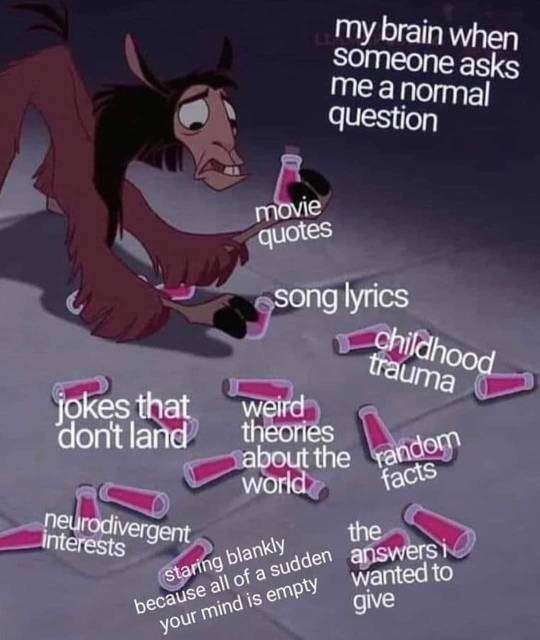
#neurodivergent#neurospicy#introverted#introversion#awkward#weird sapphic#weird#creepy#atypical#infp
17K notes
·
View notes
Text

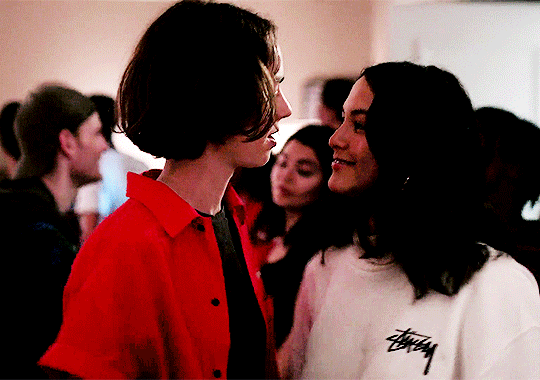
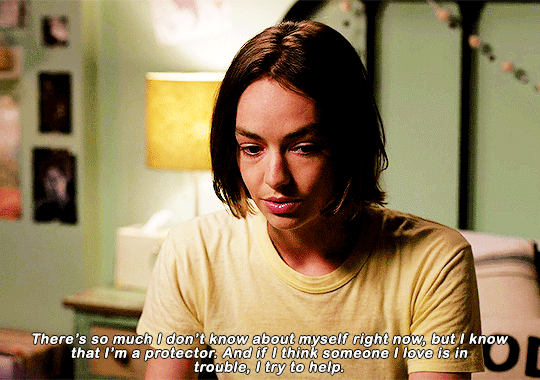

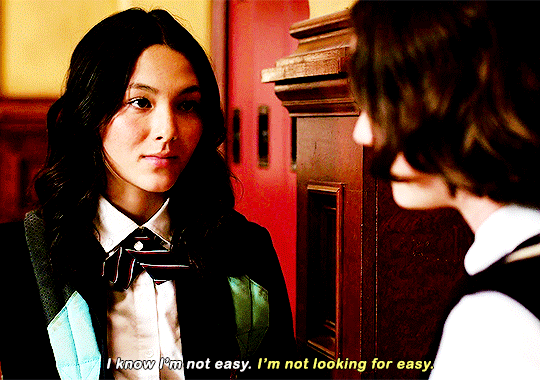

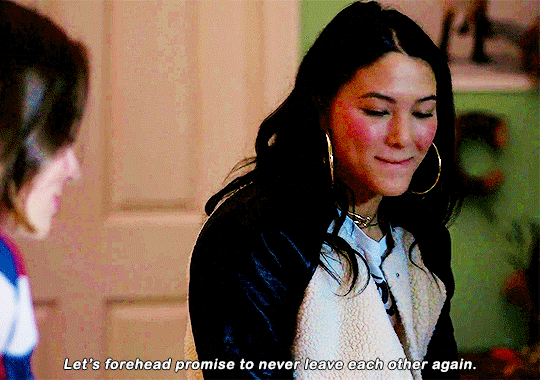

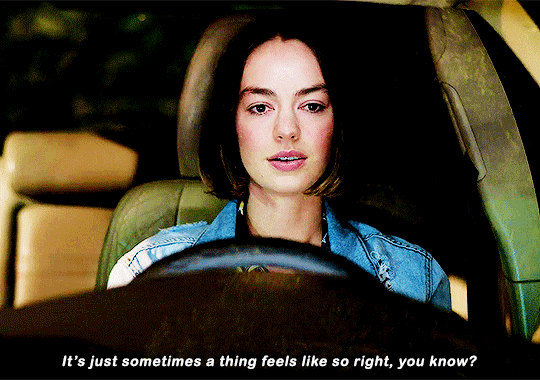
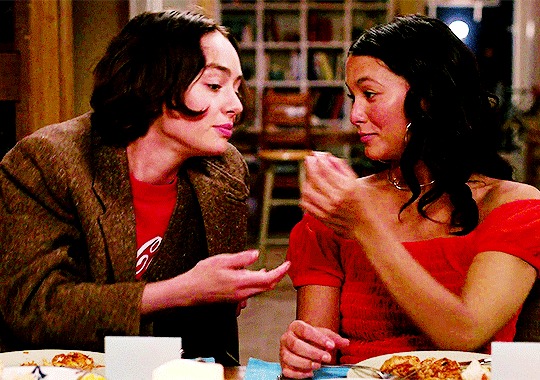
235 FAVORITE SHIPS OF ALL TIME (ranked by my followers)
92. casey gardner and izzie taylor - atypical
#cazzie#atypicaledit#cazzieedit#atypicalgifs#wlwedit#wlwsource#dailylgbtq#casey gardner#izzie taylor#atypical#otp: you're like my new favorite person#**#235ships#mine: atypical#mine: casey and izzie#2x06#3x09#4x06#3x07#3x10#4x05#2x09#4x10#2x10#3x05
614 notes
·
View notes
Text

#Netflix#wlw#the wilds#first kill#gentleman jack#batwoman#wynonna earp#supergirl#killing eve#atypical#black lightning#legends of tomorrow#dickinson#owl house#legacies#motherland freeform#motherland fort salem#lgbtq#stolen tweet
10K notes
·
View notes
Text
We went from “Bury Your Gays” to “Just Cancel the Show Instead” real quick and I honestly can’t say which is fucking worse at this point.
Honestly, finally giving the queer community good, wholesome, and non-toxic content only to have it ripped away for no articulable reason (WN has the highest critic score of any Netflix show ever) is feeling worse than outright killing queer characters.
At least we knew not to get attached when they were shooting us.
Disrespectfully, fuck you, Netflix.

#avatrice#warrior nun#lexa#clexa#first kill#teenage bounty hunters#the wilds#batwoman#gentleman jack#the imperfects#buffy the vampire slayer#killing eve#orange is the new black#chicago fire#leslie shay#to name a few#stop killing queer characters#stop canceling queer shows#bury your gays#atypical#paper girls#please add any others you have#cancel your gays
6K notes
·
View notes
Photo
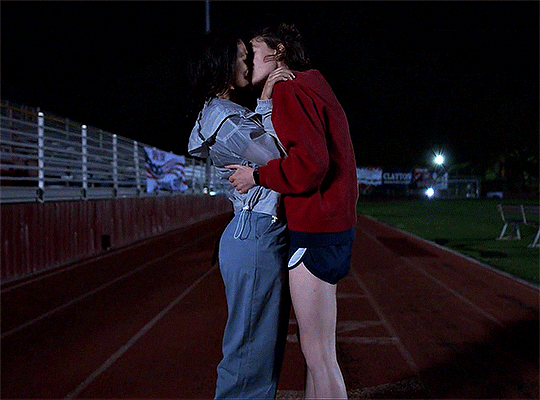
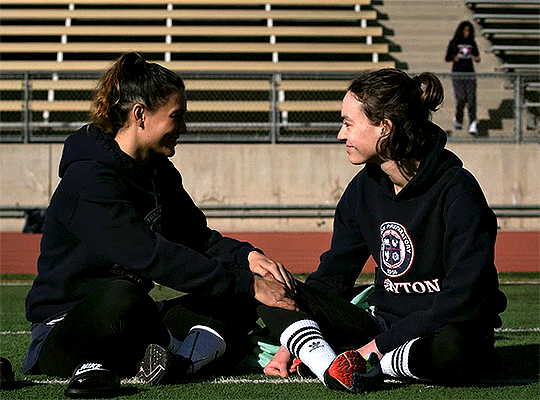



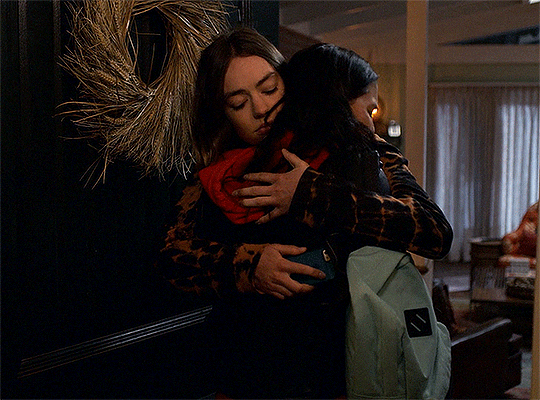
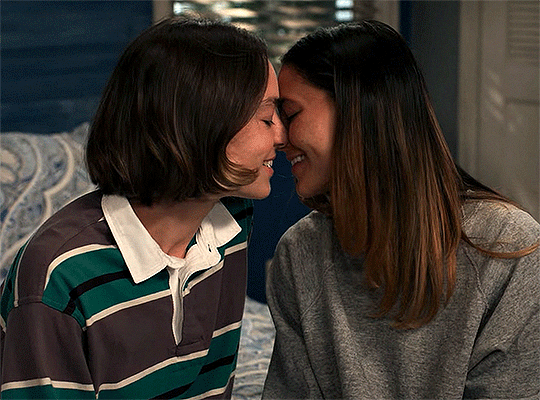
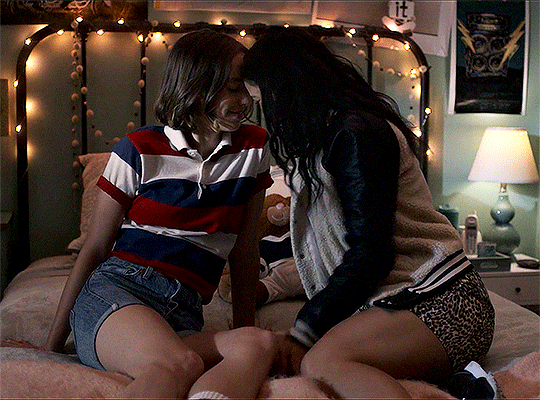
This might sound lame but you're like my new favorite person.
#atypical#cazzie#cazzieedit#wlwedit#wlwsource#tuserhannah#tuserdee#tuserkt#tusertheresa#userrachel#tuserssam#userbru#dailynetflix#userbbelcher#*#miss them :(
2K notes
·
View notes
Text
you there! do you want to make audio drama? well have I got a deal for you!
hi, I'm Lauren, I made a handbook that walks you through how to make an audio drama and you can have it for free, plus it now comes with bonus! tumblr guide and I'd love for y'all to read that and then drag me on how I'm using tumblr wrong, okay love you bye
#audio drama#podcasting#fiction podcast#atypical artists#lauren shippen#resources#lauren writes things#directing#lauren makes things
281 notes
·
View notes
Text
asian lesbian rep <3




#my loves#yuri han#kitty x yuri#anika kayoko#mindy x anika#izzie taylor#cazzie#ellie chu#the half of it#atypical#scream 6#xo kitty#lesbian
1K notes
·
View notes
Text
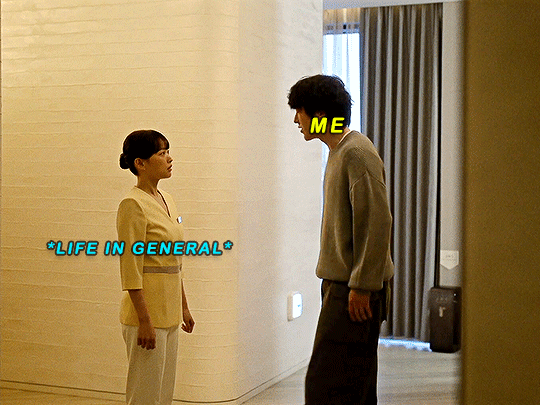
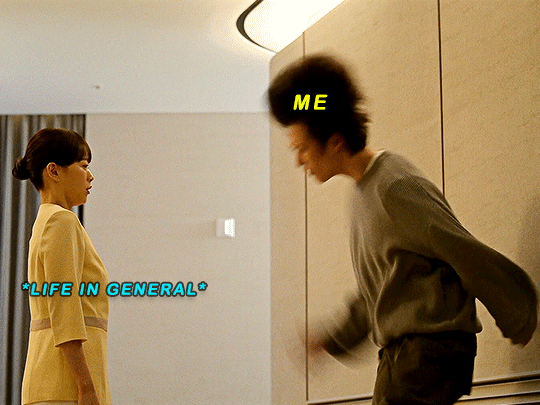
#mood
THE ATYPICAL FAMILY (2024)
#the atypical family#kdramaedit#kdramadaily#asiandramanet#userdramas#ubareums#samblr#lextag#udeokmis#userhannah#becauseigtf#todramaism#tuseralexa#roserayne#useryd#bysya#theatypicalfamilyedit#ep 3
328 notes
·
View notes
Text


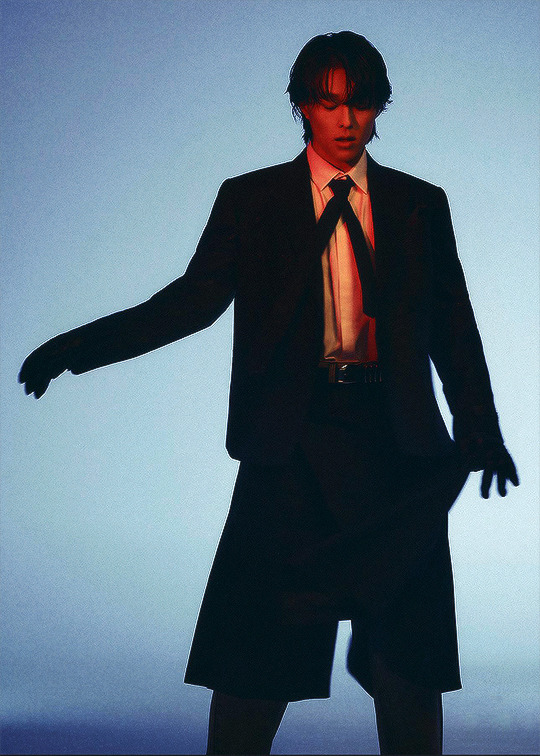

JANG KI YONG & CHUN WOO HEE
for ELLE Korea, May 2024
#jang ki yong#chun woo hee#the atypical family#kdramaedit#glamoroussource#pocedit#fruitblr#userbbelcher#chewieblog#tvactorsdaily#pocsource#asiancentral#userdramas#dailyasiandramas#cinematv#tvedit#kdrama#dailynetflix#netflixedit#filmtv#dailytvfilm#*e#+#kaaj
392 notes
·
View notes
Text
I want it on record that if I were to ever write radiostatic omegaverse, I'd probably make Alastor an omega for the funsies. BUT.
Vox would be a beta, and he would have a complex about it the approximate size of Vee fucking Tower. Does anybody else think that the Radio Demon is obviously the pentagram's most desirable omega? No, that's insane. However, so is Vox.
Alastor couldn't actually give less of a fuck if he actively tried, but it's a vulnerability, so he needles Vox about it a few times at first. He quickly stops when he realizes that regardless whether they are in any actual relationship at a particular point in time, Vox has apparently more or less imprinted Alastor as his omega (annoying, stupid, untrue), and mocking him for not being an alpha just makes Vox more overbearing than the most obnoxious alpha on the planet. Valentino is out here telling Vox to maybe chill out a little bit.
It's barely even sexual after a certain point. Alastor at least kind of gets that Vox is a horny degenerate, but why the hell is he leaving him increasingly elaborate and possessive weekly gifts on his station's doorstep like a cat would leave an animal carcass? At least if it was an actual animal carcass, it would be useful for that night's dinner. Alastor is not sure what he's supposed to do with a......"VoxTek E-Z-Nest! Just add pheromones!" Hold on, has this already been opened?
Valentino, on the other hand, is an actual alpha—which is why Vox does NOT take his "Um, calm down?" very well. He's just being condescending! Val's a prick! He doesn't understand!!!! Bonus for a 7-second period of insanity when he's momentarily convinced Val is looking at Alastor, at which point Valentino taps out of the situation because fuck that, honey, come back when you need him to fuck some sense into you but otherwise leave him out of this.
Alastor's heats aren't even, like. Like that. He mostly just gets antisocial, kills a few things, and then locks himself in his room for a moderately uncomfortable week to plan his broadcast schedule. But fuck if Vox doesn't have that shit calculated down to the day on his schedule planner, and spends the whole week unsubtly pacing the perimeter of the hotel with his spy drones, driving himself crazy imagining what alpha Alastor must be fucking, and lasering any poor actual alpha (that isn't already a resident under Princess Morningstar's protection) that gets within three blocks of the place from orbit. VoxTek stocks always take a bit of a dive around that time.
Things that do not help: Alastor not actually discouraging this specific behavior, because, hey. He doesn't want any alphas around, either.
It's really just a matter of what breaks down first: the remaining dregs of Vox's common sense as pertaining to Alastor, Alastor's ability to find this whole thing deeply humorous, Charlie's self-restraint in not staging an intervention, or Vaggie's absolute last fucking nerve.
#hazbin hotel#radiostatic#staticradio#omegaverse#i'm ngl i always love playing with atypical dynamics in omegaverse#personal#my writing#alastor#vox
210 notes
·
View notes
Text
Sitcom episodes might take YOU 20 minutes to watch, but they take ME 40 minutes because I need to pause them every time there's a second hand embarrassment moment (and then the scene gets to live rent free in my head for the rest of my life)
#community#mythic quest#brooklyn nine nine#modern family#how i met your mother#atypical#the big bang theory#crazy ex girlfriend#derry girls#f.r.i.e.n.d.s#never have i ever#and probably some others i'm forgetting#nym's posts
674 notes
·
View notes
Text
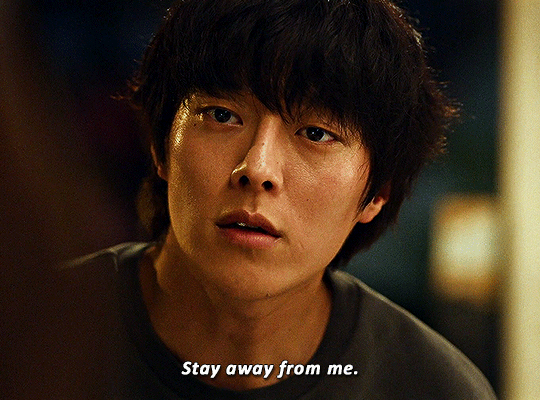
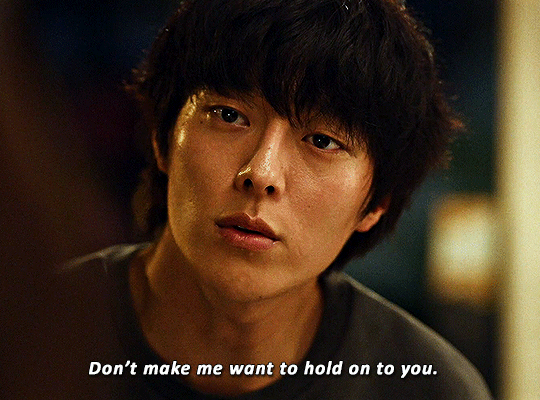

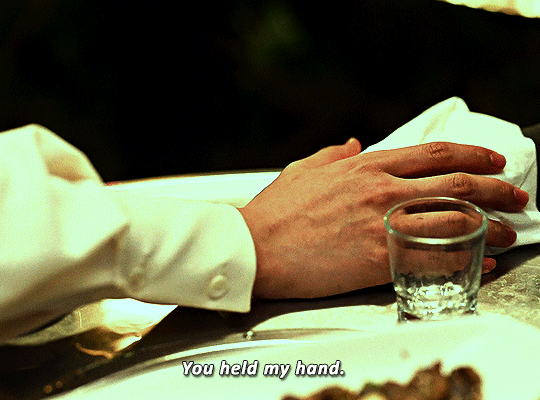
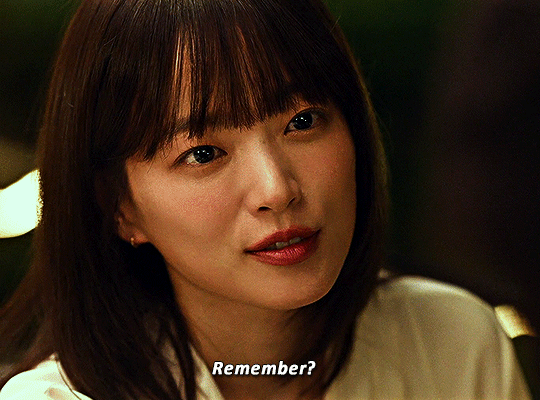
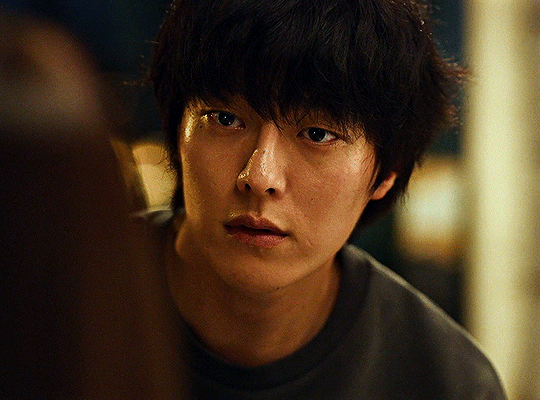
The Atypical Family (Ep.2)
218 notes
·
View notes
Text
ㅤㅤㅤㅤㅤ𓈒ㅤ ◞ ∔ ◦ 🪧 ﹒ 𓎟𓎟




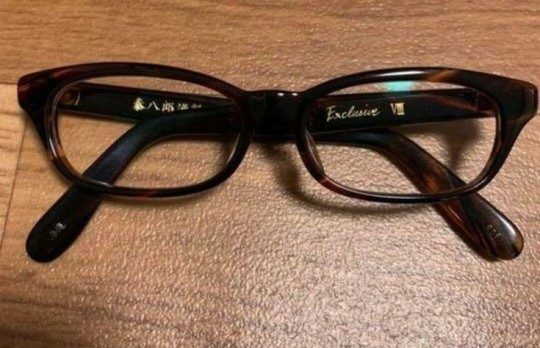

kissing without touching



ㅤ ㅤ ㅤㅤ ㅤ ㅤㅤ ㅤ ㅤ
#ㅤ ㅤ ㅤㅤ ㅤ ㅤㅤ ㅤ ㅤㅤ ㅤ ㅤㅤ ㅤ ㅤㅤ ㅤ ㅤㅤ ㅤ ㅤㅤ ㅤ ㅤ#messy moodboard#moodboard#alternative moodboard#moodboard aesthetic#visual archive#archive moodboard#random moodboard#vintage moodboard#clean moodboard#lq moodboard#brown moodboard#angelcore moodboard#cute moodboard#soft moodboard#flower moodboard#moldboard#red moodboard#black moodboard#messy bios#mb alt#alternative#the atypical family#kdrama
213 notes
·
View notes
Text
ahhh the sapphic urge to lay down together and have meaningful conversations
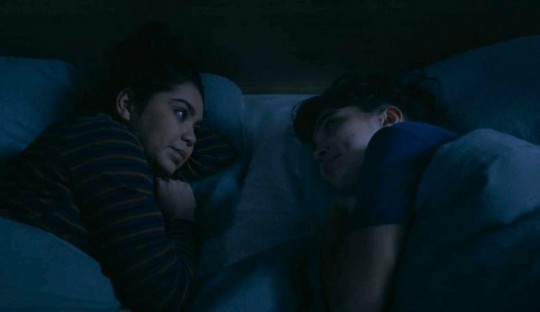
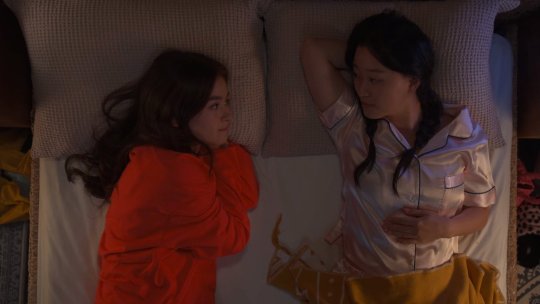

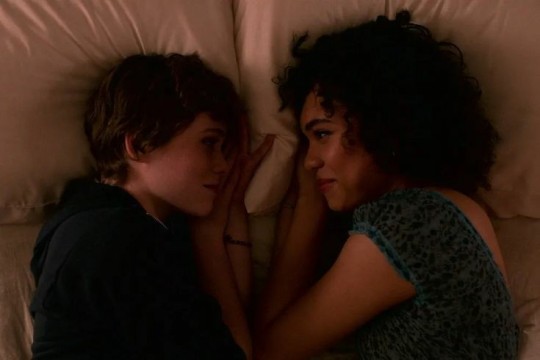
#kitty and yuri#paige evans x aj campos#cazzie#sydney novak x dina#xo kitty#crush hulu#crush movie#kitty song covey#yuri han#atypical#casey atypical#izzie taylor#i am not okay with this#sapphic
1K notes
·
View notes
Text
I don't even go here, and very rarely interact in this fandom, but now that it seems to have gotten an uptick of notice with the last book for Tian Guan Ci Fu, I am honestly in shock to see how many try to say that Hua Cheng (Hong Hong-er) had not been a victim of classism by Mu Qing.
I'm annoyed enough to have to rant about this as it also dismisses that Hong Hong-er had been abandoned without guardianship due to superstition inherent to lower class positions that relied on the will of heavenly principles that also were classist from inception.
This did include Mu Qing who had consistently told Xie Lian not to help the child throughout the plot and continued the rule of class segregation despite him having been of the same social caste as Hong Hong-er. Yet due to circumstance Mu Qing was able to rise within the ranks of position due to not having the physical and superstitious reputation that plagued Hong Hong-er from birth. This jealousy from Mu Qing that had been exhibited when he refused to continue to let Hong Hong-er rise within the ranks of the Xianle army was not out of subconscious good will to protect a child. He did not see Hong Hong-er as worthy of any sort of position as he had been with rising through ranks. It is a consistent theme between Mu Qing and Hua Cheng that Hua Cheng's dislike of him is due to Mu Qing's callousness of dismissing regard towards the same class of people he came from and the benefits of social rise.
This seems to be dismissed that Hua Cheng, as a ghost, had denied heavenly principles to become a god in the overwrought and classist heavens to stay a ghost and stay a calamity considered disgusting as an existence to those of heaven. It's considered an arrogance by those of safe position and standing for Hua Cheng to deny the offered will of those in power within the system that maintains the caste hierarchy.
Because Hua Cheng was able to create another entity of social life, it exempts him now of the classism that Mu Qing perpetuated when he had been Hong Hong-er. Yet the society that Hua Cheng had made is seen as lesser and base to those in Heaven. Yet at the same time his position as the Lord of Ghost City means he is not the target of the classism he had been attacked by within his previous life. Because somehow he is now Mu Qing's equal in social standing despite this still being untrue. For his power Hua Cheng is still labeled suspicious and of evil intent, very much so from Mu Qing through the present day plot.
What is viable for one is not for any other, or dismissed by the own fandom as not honorable in comparison. The overt theme of classism that is present in the book itself also carries over with how much of the fandom perceives this theme regarding Hua Cheng and his overt opposition of navigating it next to Mu Qing. One did deny the system of classism while the other did continue to follow it without change.
#tgcf#tian guan ci fu#heaven official's blessing#hua cheng#why am I seeing that somehow Mu Qing does not perpetuate inner class segregation#or that he denies those of his same standing the same benefits in being able to rise#or because Hua Cheng was still able to prosper in an atypical fashion it's still lesser
462 notes
·
View notes